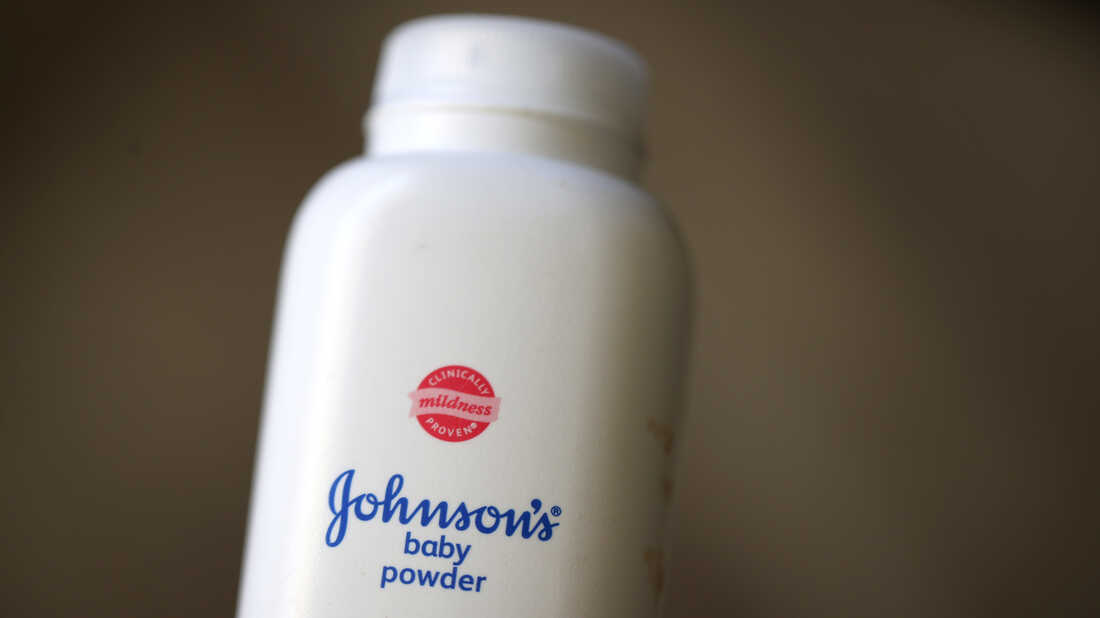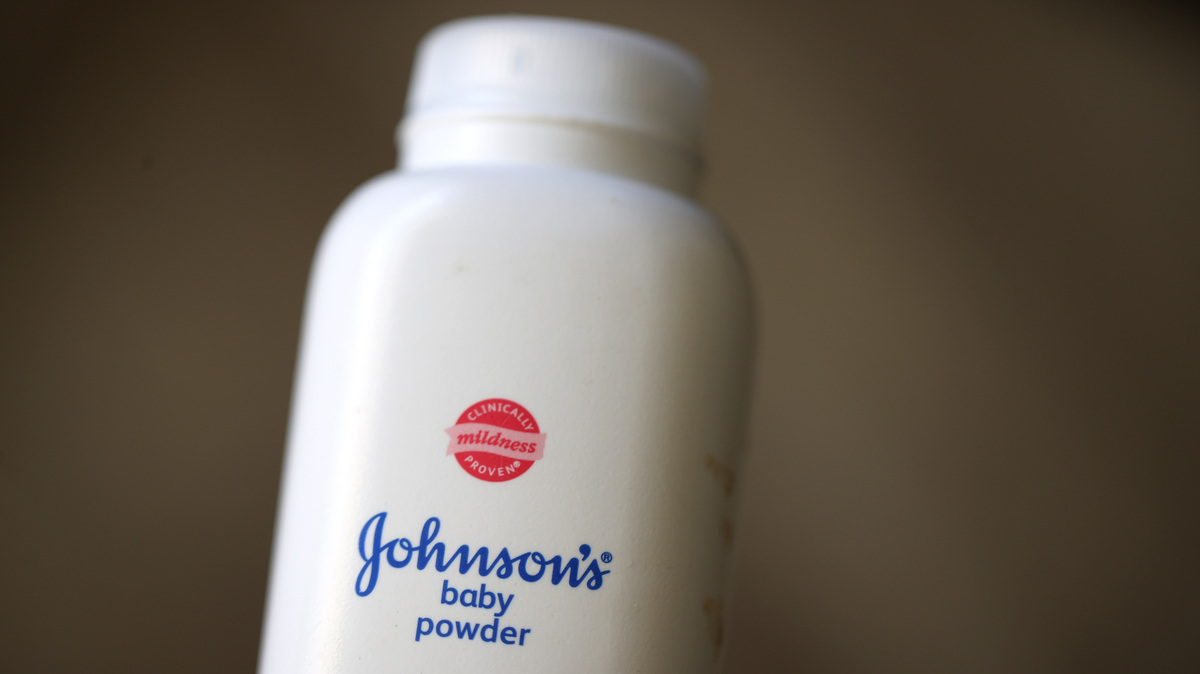
Johnson & Johnson pulled its iconic Johnson's baby powder off the shelves in the U.S. in 2020. Justin Sullivan/Getty Images hide caption

Johnson & Johnson pulled its iconic Johnson's baby powder off the shelves in the U.S. in 2020.
Justin Sullivan/Getty ImagesThousands of people who claim Johnson & Johnson baby powder caused them to develop cancer cannot sue the company, which used a controversial legal maneuver in bankruptcy court to freeze lawsuits against it.
NPR's Brian Mann explains. More from his reporting here.
Additional reporting this episode from NPR's Scott Horsley.
Email us at
This episode was produced by Brent Baughman. It was edited by Patrick Jarenwattananon, Ashley Brown and Andrea de Leon. Our executive producer is Cara Tallo.

 Live Radio
Live Radio